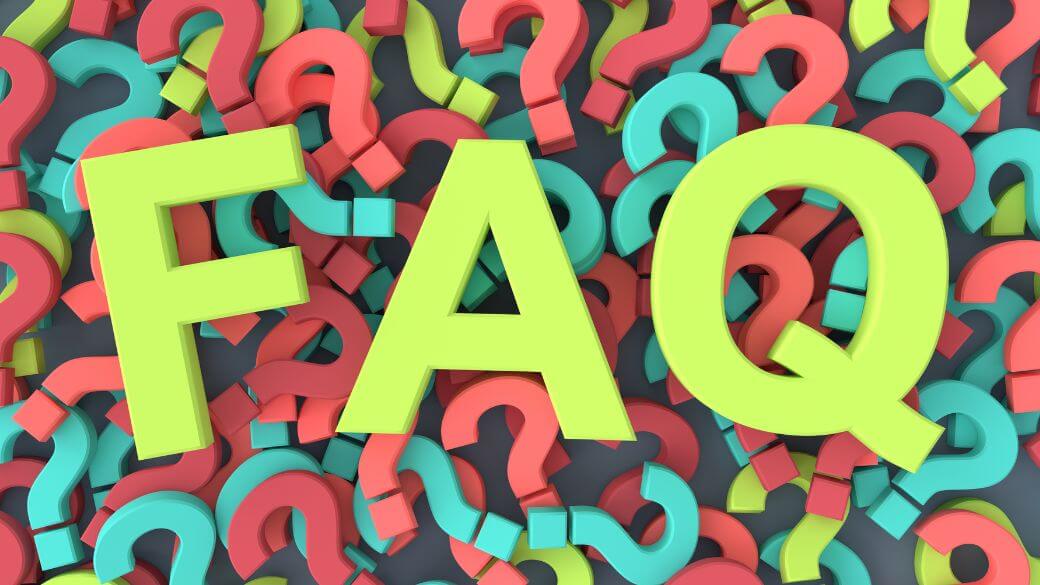Introduction
Programming languages and technologies form an intricate woven web of languages and technologies, each boasting its own identity.
JavaScript stands out among popular programming languages as an exception – one of its signature symbols being its emblem – the JavaScript logo. This article will explore its rich history, design, significance and evolution over time.

The Birth of the JavaScript Logo
The Origins
The JavaScript logo, also known as the ECMAScript logo, has a story that traces back to the early days of the language. Created by Brendan Eich in just ten days, JavaScript needed an emblem that represented its revolutionary capabilities.
Design Evolution
Over time, the JavaScript logo has undergone several transformations. It started as a simple badge on early web browsers and has evolved into a more complex, symbolic representation of the language.
Decoding the JavaScript Logo
Aesthetic Elements
The JavaScript logo comprises various elements, each with its significance. Let’s break down its design:
The Infinity Symbol
At the heart of the logo lies an infinity symbol (∞). This represents the infinite possibilities that JavaScript offers to web developers.
The Wordmark
Adjacent to the infinity symbol is the word ‘JavaScript’ written in a distinctive, cursive font. This wordmark reinforces the language’s identity.
Yellow Color
The logo features a vibrant shade of yellow, which symbolizes energy and positivity, attributes that resonate with JavaScript’s dynamic capabilities.
The JavaScript Logo’s Evolution
Early Days
In its early days, the JavaScript logo was a simple, blue badge often associated with Netscape Navigator. It needed to have the sophistication seen today.
Modern Era
Today, the JavaScript logo has become an instantly recognizable symbol that connects with developers worldwide. It now symbolizes innovation and creativity within web development.
The Significance of the JavaScript Logo
Community Identity
The JavaScript logo serves as a unifying symbol for the global community of developers who use the language. It fosters a sense of belonging and pride.
Brand Recognition
The logo is a mark of credibility and expertise for companies and organizations that use JavaScript in their tech stack. It assures users of a robust web experience.
Frequently Asked Questions (FAQs)

What is the history of the JavaScript logo?
The JavaScript logo, also known as the ECMAScript logo, was created by Brendan Eich and has evolved over time to symbolize the language’s capabilities and identity.
What does the infinity symbol in the JavaScript logo represent?
The infinity symbol (∞) in the JavaScript logo represents the infinite possibilities that JavaScript offers to web developers.
Why is the JavaScript logo yellow?
The vibrant yellow color in the JavaScript logo symbolizes energy and positivity, reflecting the language’s dynamic capabilities.
How has the JavaScript logo evolved over the years?
The JavaScript logo started as a simple badge and has become a sleek emblem now instantly recognizable worldwide.
What is the significance of the JavaScript logo for the developer community?
The JavaScript logo symbolizes unity and pride for the global community of developers who use the language.
How does the JavaScript logo contribute to brand recognition?
For companies and organizations using JavaScript, the logo signifies credibility and expertise in web development.
Conclusion

The JavaScript logo is more than just a symbol; it represents a dynamic and ever-evolving programming language.
From its humble beginnings to its current iconic status, the logo encapsulates the essence of JavaScript – limitless possibilities, creativity, and community.
As JavaScript continues to shape the digital landscape, its logo will remain a beacon for developers worldwide, guiding them towards new horizons in web development. Embrace the JavaScript logo, for it is a testament to the beauty of code.
